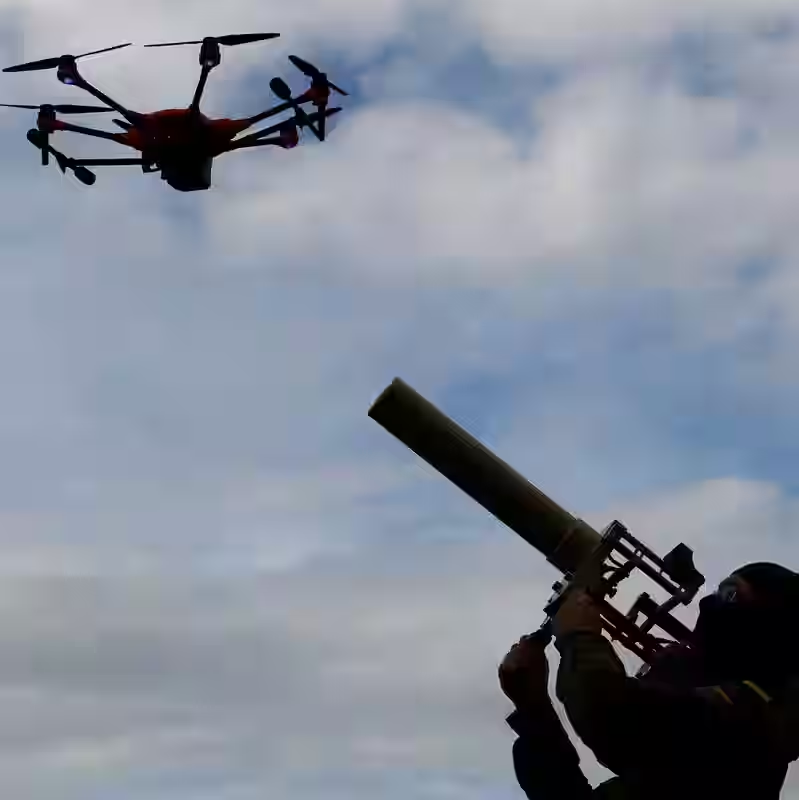EU Rushes to Build Air Defense Barrier Along Eastern Flank
In response to a surge of Russian drone incursions, the European Union is fast-tracking plans for a high-tech “drone wall”—a coordinated air defense system along its eastern border. First proposed by European Commission President Ursula von der Leyen in her 2025 State of the Union address, the initiative aims to detect, jam, and neutralize unmanned aerial threats before they breach EU airspace .

Why Now? A Timeline of Recent Incursions
Russian drones have repeatedly violated EU airspace in recent weeks, escalating fears of hybrid warfare:
- September 12, 2025: Russian drone enters Polish airspace near Lublin.
- September 18, 2025: Romania reports drone sighting over Black Sea coast.
- September 25, 2025: Russian fighter jets escort drones near Estonian border.
How the ‘Drone Wall’ Will Work
| Layer | Technology | Function |
|---|---|---|
| Detection | Radar + RF sensors + AI tracking | Identify drone signatures in real time |
| Jamming | Electronic warfare pods, mobile jammers | Disrupt GPS and control signals |
| Neutralization | Drone-catcher nets, kinetic interceptors, lasers | Physically disable or destroy threats |
Nine Nations Leading the Charge
A planning call in late September united defense officials from nine frontline EU states:
- Bulgaria
- Estonia
- Finland
- Hungary
- Latvia
- Lithuania
- Poland
- Romania
- Slovakia
Denmark, currently holding the EU rotating presidency, is coordinating the effort alongside the European Defence Agency.
Challenges Ahead
While the concept is gaining momentum, experts warn of hurdles:
- Funding: Estimated cost exceeds €2 billion; no final budget approved.
- Interoperability: Nations use different defense systems (e.g., German vs. Polish tech).
- Legal Authority: EU lacks unified mandate for cross-border drone interception.
“We need to act now—Europe must deliver a strong and united response to Russia’s drone incursions at our borders,” said von der Leyen .
What’s Next?
The drone wall will be a central topic at the EU Defense Summit in Copenhagen on October 2, 2025. If approved, a pilot corridor could be operational by mid-2026—starting with the Poland–Lithuania–Latvia triangle, the most vulnerable stretch of EU airspace.




